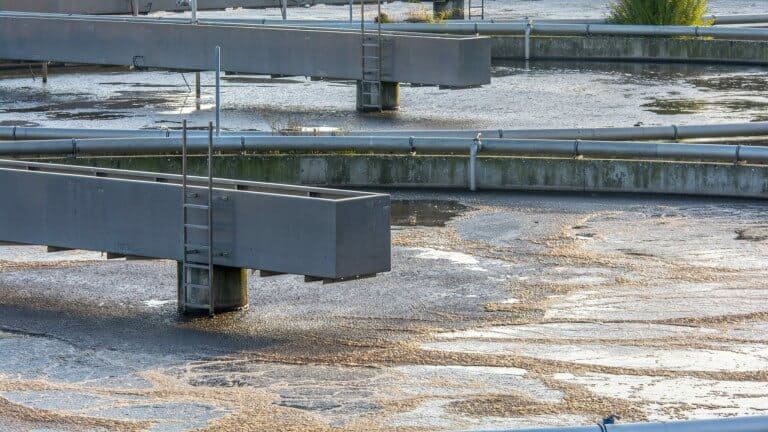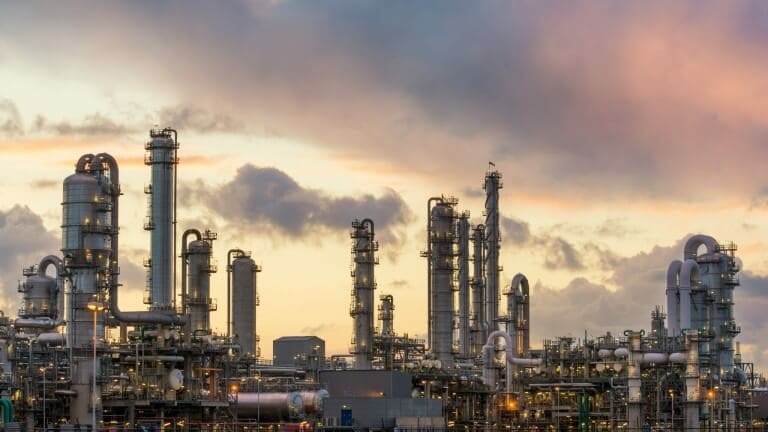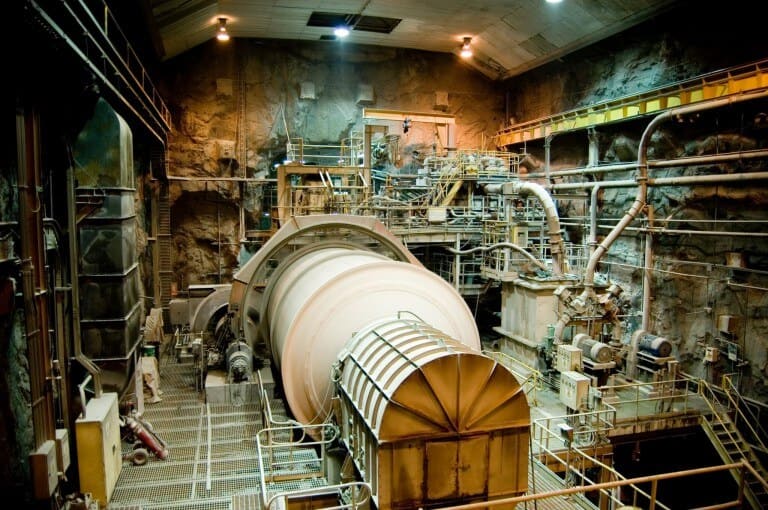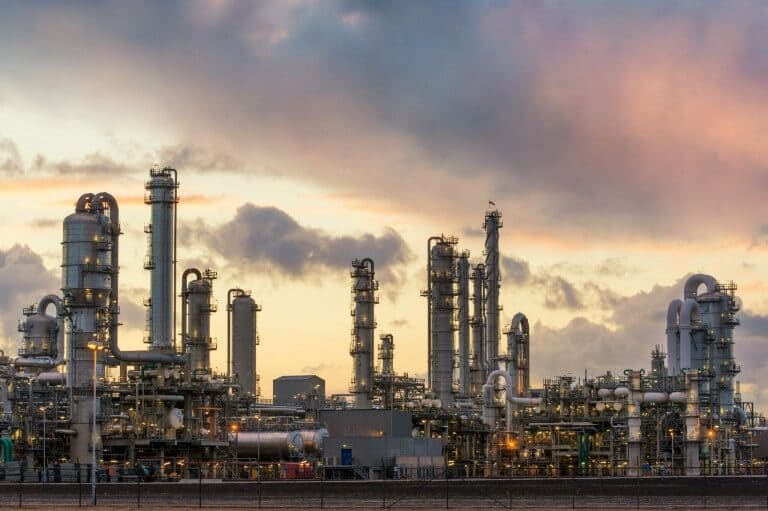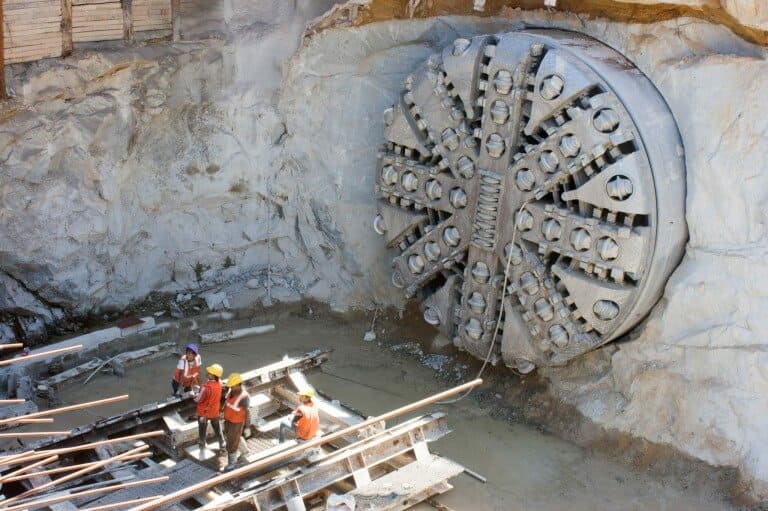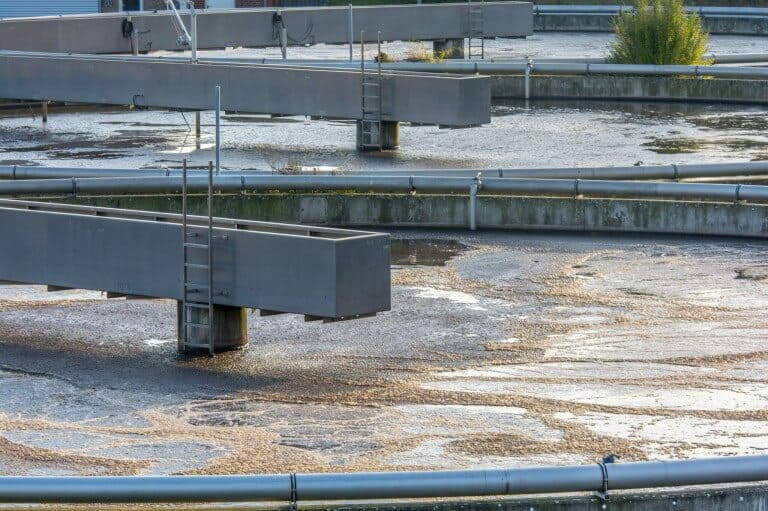Tunneling
Tunneling is a process required for mining ores, for transportation (vehicles, trains, subways, etc.) and for creating canals for conducting water and sewage. Underground chambers, often associated with a complex of connecting tunnels and shafts, are increasingly being used for underground hydroelectric power plants, ore-processing plants, pumping stations, vehicle parking, storage of oil and water, water treatment plants, warehouses, light manufacturing, as well as for command centres and other special military needs.
The operation of tunneling equipment used in tunneling processes requires a large volume of water to remove ground material, cool and lubricate machinery as well as to control dust. During these processes, contaminants such as trace metals, oils and VOCs become waterborne. The water must be treated or disposed of properly. Huge volumes of liquid mud containing more than 5% solids are produced.The bulk of the solids content are dirt, rock and dust. Northland Chemical’s polymers effectively separate mud prior to physical removal technologies like centrifuges, clarifiers, or separation ponds. If the tunneling water contains metals, Northland Chemical coagulants can be used to precipitate and remove them from solution prior to discharge to a sanitary or storm sewer. Northland Chemical supplies suitable chemistry required for the both mud treatment and clarification steps.
Liquid Polymers

Dry Polymers
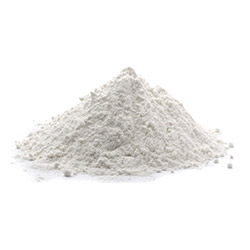
Tunnel cutting machines require an air cleaning system to handle the dust generated at the face. Englo Inc. self-contained wet dust extractors are uniquely designed to increase productivity, provide better visibility and a cleaner work environment in tunnel ventilation applications. They can be boring equipment mounted and skidded for maximum mobility. They are available for air handling volumes of up to 60,000 cfm. Ventilation and dust extraction is Englo’s expertise
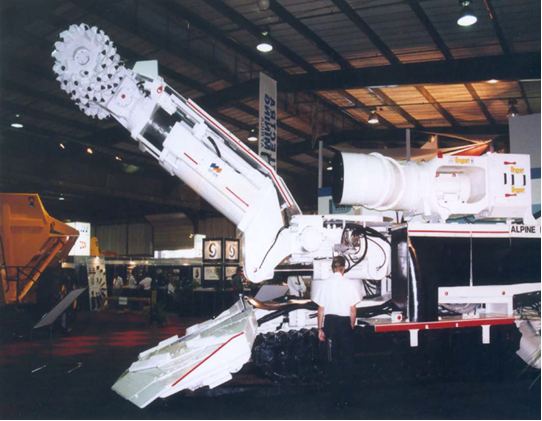
RELATED INDUSTRIES
